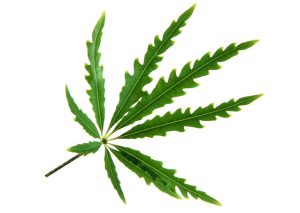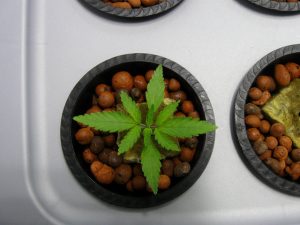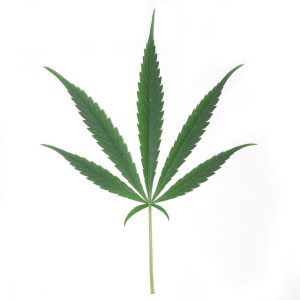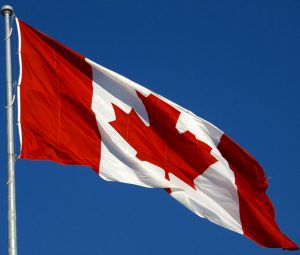State law, federal law, and religious liberties have collided to form an unholy trinity in a case involving First Church of Cannabis. The church had put in a bid attempting to allow smoking of marijuana as a religious sacrament in Indiana. The group sued the state, attorney general, and then Gov. Mike Pence in 2015. But a judge out of Marion County Superior Court recently ruled against the church, according to RTV6.
involving First Church of Cannabis. The church had put in a bid attempting to allow smoking of marijuana as a religious sacrament in Indiana. The group sued the state, attorney general, and then Gov. Mike Pence in 2015. But a judge out of Marion County Superior Court recently ruled against the church, according to RTV6.
Indiana currently has extremely limited medical marijuana provisions and relatively strict laws against recreational use. Attempts to decriminalize small amounts of marijuana were thwarted in 2013, and instead an amendment to IC 35-48-4-11 was added to HB 1006 to increase penalties of certain types of possession to felonies rather than misdemeanors. Some attempts to legalize medical marijuana also failed a few years ago, but last year the legislature was able to push through a bill allowing CBD oil specifically for seizures. Considering all of the people nationwide who have found relief from cannabis for a wide variety of ailments, this seems to be the absolute least they could do. Continue reading
 Cannabis Law Group's Medical Marijuana Legal Blog
Cannabis Law Group's Medical Marijuana Legal Blog





 July. Residents of states with adult-use marijuana laws were enjoying newfound freedoms to consume cannabis products. This was especially true here in California with this being the first Independence Day with legalized recreational marijuana.
July. Residents of states with adult-use marijuana laws were enjoying newfound freedoms to consume cannabis products. This was especially true here in California with this being the first Independence Day with legalized recreational marijuana. legalization: from health organizations and doctors to veterans, cancer patients, and NFL players. Support crosses age groups, socio-economic status, race, and gender. A recent report from
legalization: from health organizations and doctors to veterans, cancer patients, and NFL players. Support crosses age groups, socio-economic status, race, and gender. A recent report from  than it does in California. According to
than it does in California. According to  Oklahoma recently became the 30th state to approve some form of medical marijuana, a significant step in proving cannabis support is a non-partisan issue and that old-school propaganda tricks aren’t working to scare an informed electorate anymore.
Oklahoma recently became the 30th state to approve some form of medical marijuana, a significant step in proving cannabis support is a non-partisan issue and that old-school propaganda tricks aren’t working to scare an informed electorate anymore. brewery in northern California called Lagunitas is doing just that with a line of sparkling waters it plans to sell in dispensaries. Drinks with cannabis are not common, but the brewery was able to achieve what other marijuana businesses have been afraid to tackle thanks to some creative thinking and close consideration of the law.
brewery in northern California called Lagunitas is doing just that with a line of sparkling waters it plans to sell in dispensaries. Drinks with cannabis are not common, but the brewery was able to achieve what other marijuana businesses have been afraid to tackle thanks to some creative thinking and close consideration of the law.
 food policy legislation) measures to legalize industrial hemp sales, cultivation, and processing, according to a report from
food policy legislation) measures to legalize industrial hemp sales, cultivation, and processing, according to a report from  country in the world to legalize adult-use cannabis after Senate recently passed the long-awaited bill. Uruguay was the first country to pass legalization measures, with sales starting last year. Canada’s size and global standing, however, give it a unique opportunity to set the tone for what legal marijuana could look like for the rest of the world. It will still be a couple months of preparations, though, before legal sales can begin, according to
country in the world to legalize adult-use cannabis after Senate recently passed the long-awaited bill. Uruguay was the first country to pass legalization measures, with sales starting last year. Canada’s size and global standing, however, give it a unique opportunity to set the tone for what legal marijuana could look like for the rest of the world. It will still be a couple months of preparations, though, before legal sales can begin, according to  Americans not only support cannabis in theory, but also in practice.
Americans not only support cannabis in theory, but also in practice.